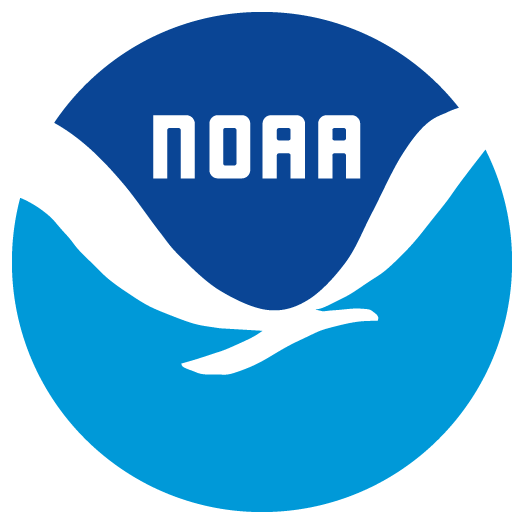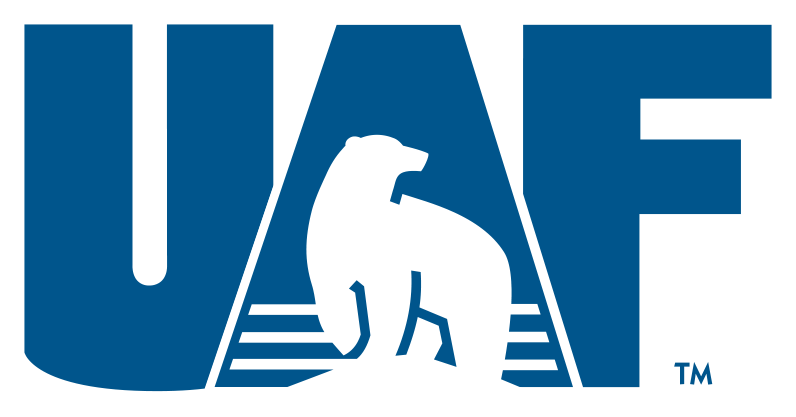Keynote and Invited Speaker Biographies
Keynotes
- Doug Butterworth, University of Cape Town
- John Hoenig, Virginia Institute of Marine Science
Session 1: Potential new types of data for assessment and management
- David Somerton, NOAA Alaska Fisheries Science Center
Session 2: Potential new types of data for assessment and management
- Jason Cope, NOAA Northwest Fisheries Science Center
Session 3: Methods to incorporate uncertainty in assessment and management
- Tony Booth, Rhodes University
Session 4: Integration of social and economic considerations into management
- Ron Felthoven, NOAA Alaska Fisheries Science Center canceled
Session 4: Strategies for the management of mixed commercial, recreational, and/or subsistence fisheries
- Steven Cadrin, University of Massachusetts Dartmouth
Session 5: Methods for determining catch limits and alternative management measures
- Cathy Dichmont, Commonwealth Scientific and Industrial Research Organisation (CSIRO)
- Natalie Dowling, CSIRO
Biographies
Doug Butterworth, Keynote Speaker
Emeritus Professor Doug Butterworth is a South African in the Department of Mathematics and Applied Mathematics at the University of Cape Town. Originally an elementary particle physicist, he moved on to specialize in mathematical modeling approaches to assessment and development of management procedures for renewable marine resources. He has made contributions to scientific committees responsible for advising on levels of catch for all South Africa’s major fisheries, and internationally for whales (in the IWC), Antarctic krill (at CCAMLR), and tuna where he has had a lengthy involvement in bluefin tuna analyses at ICCAT and CCSBT. His participation in over 350 international fishery meetings includes FAO consultations on CITES and ecolabeling, and he has been invited to advise on fisheries by governments in 12 nations and by fishing industry associations in 10 countries. He was recently awarded the Order of Mapungubwe–Silver (the country’s highest award) by the South African President for his scientific contributions in fisheries management.
John Hoenig, Keynote Speaker
John Hoenig is a professor in the Department of Fisheries Science at the Virginia Institute of Marine Science. Previously he served as the head of the Centre for Resource Assessment and Survey Methodology with the Canada Department of Fisheries and Oceans. He has a longstanding interest in developing and evaluating methods for estimating population and fishery parameters, especially in data-limited situations. With his former students Todd Gedamke and Amy Then, he developed new approaches to length-based stock assessment. Subsequent developments have led to a rich set of tools for assessing and managing stocks based on mean size.
David Somerton, Invited Speaker
Dr. David Somerton is the leader of the Goundfish Assessment Program at the NOAA Alaska Fisheries Science Center. Besides supervising the bottom trawl surveys of the Bering Sea, Aleutian Islands, and Gulf of Alaska, Dr. Somerton conducts research on developing methods to estimate bottom trawl catchability. He is the chairman of the NOAA Fisheries Untrawlable Habitat Strategic Initiative committee, which is focused on developing methods to estimate the sampling efficiency of moving camera systems such as remotely operated and autonomous vehicles that are being considered as primary sampling in potentially new fishery-independent surveys in rock and reef habitats.
Jason Cope, Invited Speaker
Dr. Jason Cope is a research fishery biologist for the Northwest Fisheries Science Center in Seattle, Washington, and has been conducting stock assessments for a decade on west coast groundfishes. Dr. Cope has spent the past several years developing and applying data-limited approaches to groundfish management, as well as in an outreach capacity to further the use of these tools both domestically and internationally.
Tony Booth, Invited Speaker
Tony Booth is professor in the Department of Ichthyology and Fisheries Science, Rhodes University in South Africa, and the Dean of Science. Tony’s research interests are broad and he specializes in being a generalist. He is currently investigating the ecology of freshwater minnows, the invasive biology of catfishes, and the movements of white sharks. Tony has always had a long-term interest in population dynamics of fishes and in particular how it may be possible to assess populations given limited data.
Steven Cadrin, Invited Speaker
Steven X. Cadrin is associate professor of fisheries oceanography at the School for Marine Science and Technology in Fairhaven, University of Massachusetts Dartmouth, and is director of the Massachusetts Marine Fisheries Institute Education Program. Steve was a stock assessment scientist for twenty years with the Northeast Fisheries Science Center in Woods Hole, Massachusetts Marine Fisheries, and New York Department of Environmental Conservation. His accomplishments include the advancement of stock assessment methods for a wide range of invertebrate and finfish species, development of harvest strategies for regional, national, and international fishery resources, and global leadership in evaluating geographic stock structure and modeling spatially complex populations. Steve’s teaching and research focus on population modeling, stock identification, fisheries management, collaborative research with fishermen, and application of advanced technologies for fishery science.
Cathy Dichmont, Invited Speaker
Dr. Cathy Dichmont is a senior principal research scientist in CSIRO, in Dutton Park, Queensland, Australia. Cathy has a national and international reputation in stock assessment, modeling natural systems, natural resource management, and management strategy evaluation (MSE). She has over 20 years of experience in temperate and tropical marine ecosystems at international and regional levels. She was the lead contributor to bio-economic modeling that rejuvenated prawn fishing in the Gulf of Carpentaria and received the CSIRO Medal for Research Achievement. Cathy has published over 40 peer-reviewed journal papers.
Natalie Dowling, Invited Speaker
Natalie Dowling has extensive experience in harvest strategy development for data-poor/low-value fisheries. She has a successful history of directly engaging with stakeholders previously unfamiliar with formal management, and led the development and implementation of harvest strategies for all Australian Commonwealth data-poor fisheries. She has led projects for FAO, developing guidelines for harvest strategy development in a data-poor context, and is currently a member of the NCEAS SNAP (National Center for Ecological Analysis and Synthesis, Science for Nature and People) Working Group, “Managing Data Limited Fisheries for Economic and Biological Objectives.”



